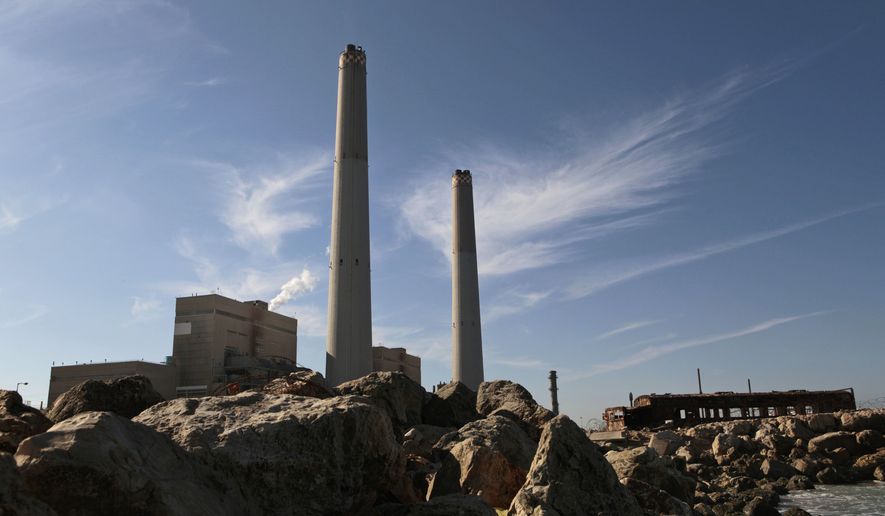A top official at a U.S. energy company developing natural gas fields off the coast of Israel urged Congress to reauthorize the Export-Import Bank, saying the agency is vital to clinching development deals for American companies in the region.
Speaking at a panel discussion on the impact of oil and gas discoveries on Israel’s geopolitical future, hosted by The Washington Times Foundation, Nick Welch, director of international relations at Houston-based Noble Energy, said funding from the Ex-Im Bank was necessary to support “commercial diplomacy” as military tensions rise in the eastern Mediterranean.
Noble Energy is working to secure regional export deals for the gas reserves which could reshape diplomatic alliances between Israel, Cyprus and Egypt, but in order to continue developing the field, Noble Energy says the financial backing of the Ex-Im Bank is essential to entice other companies to invest.
But the fate of the Ex-Im Bank is uncertain on Capitol Hill, where fiscal hawks have balked at a long-term extension of the bank’s authority to make new commitments as lawmakers struggle to pass a year-end spending bill.
Critics on both the left and right have argued that the bank amounts to corporate welfare and that many subsidies go to business interests such as Boeing that can afford to lobby for the money. The banks supporters, including the Obama administration, major business groups such as the U.S. Chamber of Commerce and many business-oriented Republicans, argue that the bank is needed to provide export financing on politically risky project and to offset similar subsidies from governments in Europe and Asia.
Interest in the new reserves in the eastern Mediterranean has prompted Turkish and Russian warships to enter the area, performing military drills and heightening tensions and making the need for Ex-Im backing even more vital, Noble officials said.
“Think very carefully about taking Ex-Im out,” said Mr. Welch. “Doing these kinds of things to complement military action requires commercial diplomacy, too.”
According to Mr. Welch, until companies see a successful deal put together for the natural gas exports, they won’t be tempted to explore investments in such an unstable part of the world.
“This is a big opportunity which can help achieve the objectives of both governments and people in those countries as well as our own objectives there,” Mr. Welch said.
According to news accounts last month, Noble and its partners were reportedly eyeing an investment of up to $2 billion to expand production capabilities at the offshore Israeli field.
Noble along with Israeli oil company Delek Drilling and other partners developing the Tamar gas field plan to add new wells, upgrade platforms and build an underwater pipeline to a natural gas liquefaction plant in Egypt, the Reuters news agency reported.
• Kellan Howell can be reached at khowell@washingtontimes.com.




Please read our comment policy before commenting.